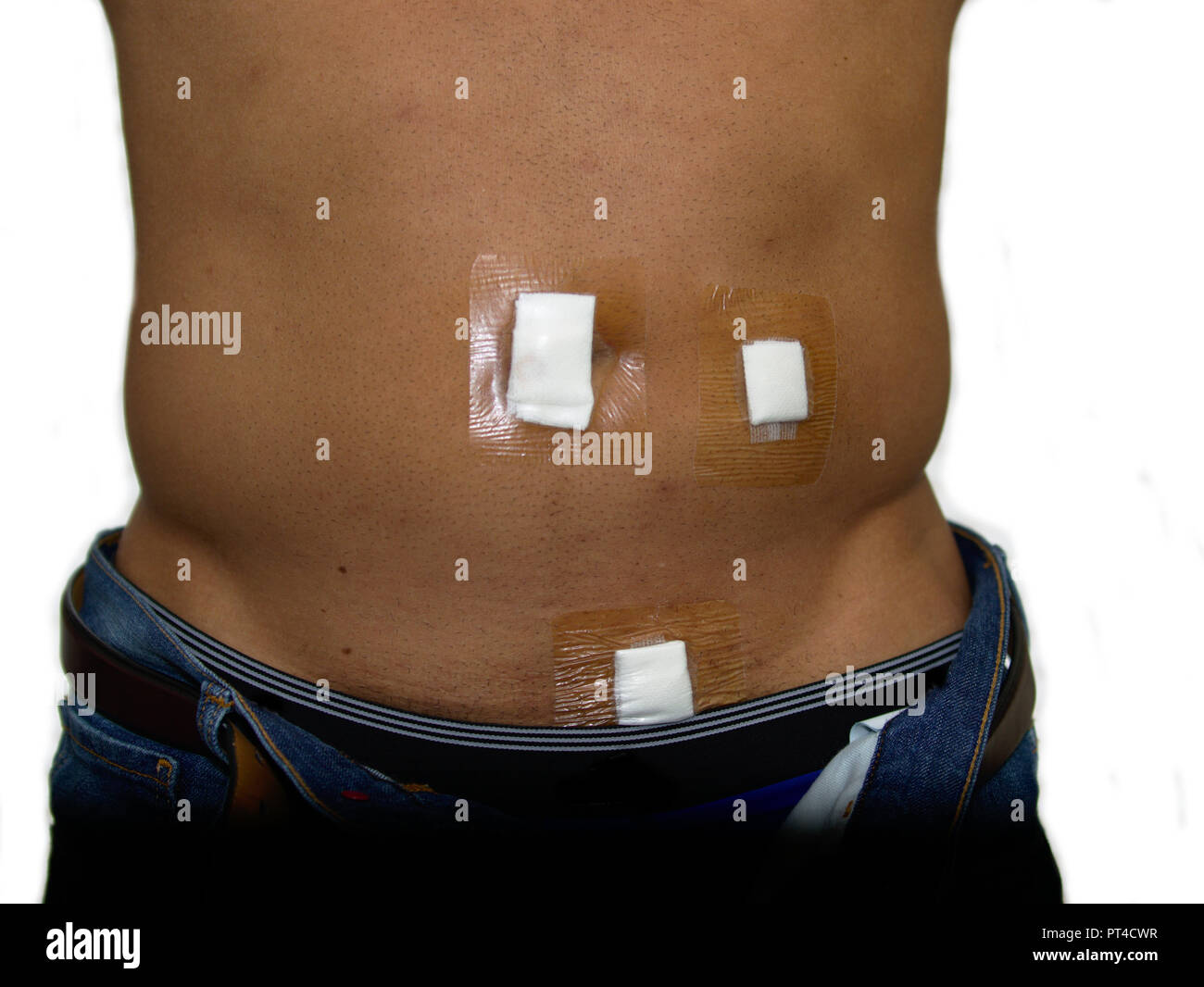Best Veneers: Fix Gaps And Imperfections Forever
The desire for a flawless smile is universal, driving many to seek out dental solutions that can perfect their teeth. Among the various cosmetic dentistry options, veneers stand out as a popular choice for addressing gaps, imperfections, and discoloration. Veneers are thin, custom-made shells of tooth-colored materials designed to cover the front of teeth, providing a natural-looking and long-lasting solution for those seeking to enhance their smile.
Understanding Veneers
To appreciate the benefits and process of getting veneers, it’s essential to understand what they are and how they differ from other dental cosmetic treatments. Veneers are typically made from porcelain or composite materials. Porcelain veneers are more durable and resistant to stains, while composite veneers are less expensive and can be completed in a single visit. The choice between porcelain and composite often depends on the individual’s needs, budget, and preferences.
The Process of Getting Veneers
The process of getting veneers typically spans several appointments. The first step involves consulting with a dentist to discuss the suitability of veneers for your specific dental concerns. If veneers are recommended, the next steps involve:
Preparation: The dentist will prepare your teeth by removing a small amount of enamel from the front and sides. This is usually done under local anesthesia to minimize discomfort. The amount of enamel removed is about the same thickness as the veneer that will be attached.
Impressions: Impressions or molds of your teeth are taken. These are sent to a dental laboratory where your veneers will be crafted.
Temporary Veneers (Optional): While waiting for your permanent veneers, your dentist may provide you with temporary ones to protect your teeth and allow you to get used to the feel and look of your new smile.
Bonding: Once your veneers are ready, the dentist will check their fit and color. If everything looks good, your teeth will be cleaned, polished, and etched to prepare them for bonding. A special adhesive is applied to the back of the veneer and then placed on your tooth. A light beam is used to activate the adhesive and securely attach the veneer.
Benefits of Veneers
Veneers offer a multitude of benefits for those looking to correct gaps, chips, or severe discoloration in their teeth. Some of the key advantages include:
- Appearance: Veneers can dramatically enhance the appearance of your teeth, providing a bright, uniform smile that looks and feels natural.
- Durability: With proper care, veneers can last for many years, often up to 10-15 years or more.
- Stain Resistance: Porcelain veneers are particularly resistant to stains, which helps your smile remain bright over time.
- Less Invasive: Compared to dental crowns, veneers are less invasive because they require less enamel removal.
Caring for Your Veneers
To ensure your veneers last as long as possible, it’s crucial to maintain good oral hygiene practices. This includes brushing your teeth at least twice a day with a non-abrasive fluoride toothpaste and cleaning between your teeth once a day. Regular dental check-ups are also vital for monitoring the health of your veneers and the rest of your teeth.
Cost Considerations
The cost of veneers can vary significantly depending on factors such as the material used (porcelain or composite), the number of teeth being treated, and the location where you receive your treatment. While they can be more expensive upfront, the long-term benefits and durability of veneers make them a worthwhile investment for many individuals.
Alternatives to Veneers
While veneers are an effective solution for many, they might not be the best fit for everyone. Alternatives such as dental bonding, crowns, or orthodontic treatments may be more appropriate depending on the extent of the issues and the patient’s budget. Consulting with a dentist is crucial to determine the most suitable treatment plan for your specific needs.
Conclusion
Veneers offer a powerful and lasting solution for individuals looking to correct gaps, imperfections, and discoloration in their teeth. With their natural appearance, durability, and stain resistance, it’s no wonder they remain a top choice in cosmetic dentistry. As with any dental procedure, understanding the process, benefits, and care requirements is essential to making an informed decision. For those who desire a flawless, long-lasting smile, veneers are certainly worth considering.
What are the main differences between porcelain and composite veneers?
+Porcelein veneers are more durable and stain resistant compared to composite veneers. However, composite veneers are less expensive and can often be completed in a single dental visit.
How long do veneers typically last?
+Veneers can last for many years, often up to 10-15 years or more, depending on the quality of the veneer and how well you care for them.
Are veneers suitable for everyone?
+No, veneers might not be suitable for everyone. The decision to get veneers should be made after consulting with a dentist, who can assess your oral health and determine if veneers are the best option for your specific needs.



